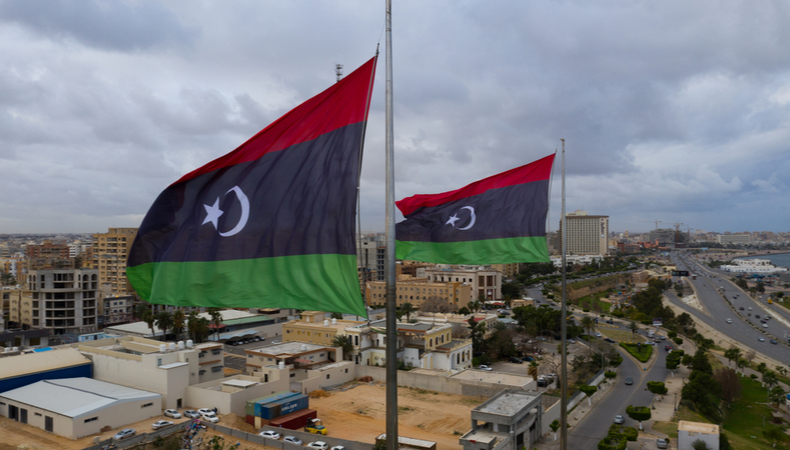As Libyan elections face postponement, UN braces to manage violence


The looming chaos and violence seems inevitable at present as the country will witness a political vacuum. Though there hasn’t been any formal announcement on postponing the December bound elections, all sides are in agreement that conducting elections on schedule is not possible. The main reasons include no published list of authorized presidential candidates, confusion over laws that would guide the election process and disagreement over rejection of some key candidates like son of former leader Muammar Gaddafi, Saif Al-Islam Gaddafi.
This is a major setback for United Nations and international leaders who have been pushing for the elections in Libya to bring in a stable government. The country was suffering from conflict and instability for a decade that came to a halt in October 2020 following a landmark ceasefire. The interim government’s tenure is set to expire on December 24, the date when first round of presidential election was to take place, followed by second round on January 24, 2022.
Now confusion is setting up as to whether the tenure of interim government will be extended to avoid a political vacuum in Libya. Anticipating violence over the election postponement, roadblocks and armed vehicles are appearing at different places in capital Tripoli to counter any chaos. Furthermore, four major oilfields in the country have been shuttered as they are occupied by the militia.
“The current mobilisation of forces affiliated with different groups creates tensions and increases the risk of clashes that could spiral into conflict,” the UN mission to Libya said in a statement. “Any disagreements on emerging political or military matters should be resolved through dialogue, particularly at this stage when the country is navigating through a difficult and complex electoral process that should usher in a peaceful transition.”
Fadel Lamen, a leading presidential candidate in election, called the situation as very fluid and dangerous. “Some of us are trying to crystallise a new roadmap,” Lamen said. “There are different scenarios: a very short postponement, just a shift in the date to clarify the outstanding legal issues, such as a candidate’s qualifications, or a longer six-month delay, but once you go for such a long delay anything can happen.”
Richard Noland, the UN ambassador to Libya, said that there are multiple legal and political obstacles in path of conducting peaceful elections. He added that there are certain proposals for the same in discussion, though none of them is ideal. UN has chartered a roadmap for the election, but certain counter-laws were issued for the same by Speaker of House of Representatives – the laws that were rejected by country’s political entities.
Also, they HNEC (High National Elections Commission) has still not issued a final list of authorized candidates for the election, adding to the confusion. Concerns are raised over qualification of three prominent candidates in Libyan elections – general Khalifa Haftar, leader of the self-styled Libyan National Army, that controls Libya’s east and parts of the south; Muammar Gaddafi’s son Saif al-Islam Gaddafi; and interim prime minister Abdul Hamid Dbeibah, who had pledged of not standing in the presidential election.




